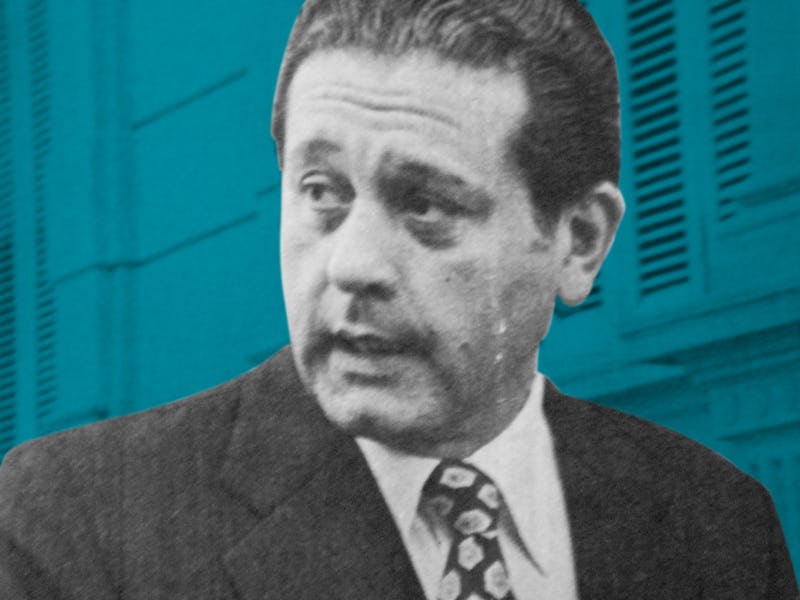René Favaloro: Why the Pioneering Surgeon Is So Meaningful to Argentina
"He was very touched by the possibility that all his work may disappear."

Some people’s accomplishments are so monumental that history can be divided into the time before they lived and the time since. René Géronimo Favaloro, honored Friday with a Google Doodle, is one such figure. July 12 would have been the 96th birthday of the pioneering Argentinian doctor, who performed the world’s first coronary artery bypass surgery. Crucial as he was to the world of cardiac medicine, Favaloro is also remembered for the special legacy he left to Argentina in the wake of his untimely death in 2000.
Amid a political and economic crisis that had left Favaloro’s world-renowned medical institution struggling to keep its doors open, he took his own life on July 29, 2000. At the time, he left letters describing how the government had failed to help keep the hospital afloat. Since its inception in 1992, the Institute of Cardiology and Cardiovascular Surgery of the Favaloro Foundation served Argentinians as well as residents of neighboring countries, with a special focus on the issue of health inequality faced by children and poor people.
Even before then, he was a foundational figure in Argentinian cardiac medicine, performing the country’s first heart transplant in 1980.
In the wake of Favaloro’s suicide, the people of Argentina took notice of what was at stake.
July 12 would have been René Géronimo Favaloro's 96th birthday.
As outlined in a 2016 article in the European Heart Journal, the institute served as a vital lifeline for Argentinians who experienced surgical complications during heart and kidney surgeries. Eventually becoming the University Hospital of Favaloro Foundation, it served as a teaching hospital to train the next generation of Argentinian doctors in organ transplants and advanced cardiac surgery techniques.
Amid the economic downturn, though, the hospital was in serious trouble. It was owed millions in outstanding debts, and with the general public struggling to scrape by, it seemed unlikely that funds from medical bills would be coming any time soon. So he started reaching out to government officials.
When Favaloro’s plea to Argentinean president Fernando de la Rúa had gone unnoticed, he plunged into desperation.
"People became aware of the situation and started to help."
“He was very touched by the possibility that all his work may disappear. In a very difficult moment he appealed to the people and the authorities to give us financial support and he didn’t get it, so he committed suicide,” Branco Mautner, M.D., dean of the Favaloro University Medical School, told the European Heart Journal. “When he died he left some letters that accused the government of not helping him. Nobody knows whether that was in his mind or not, but in reality it helped. People became aware of the situation and started to help.”
The article also notes that the doctor was so beloved that opinion polls in the ‘90s suggested that Argentinians actually wanted him as president. He never ran for office though.
Favaloro’s foundation persists to this day, remaining one of the most active organ transplant sites in Argentina.